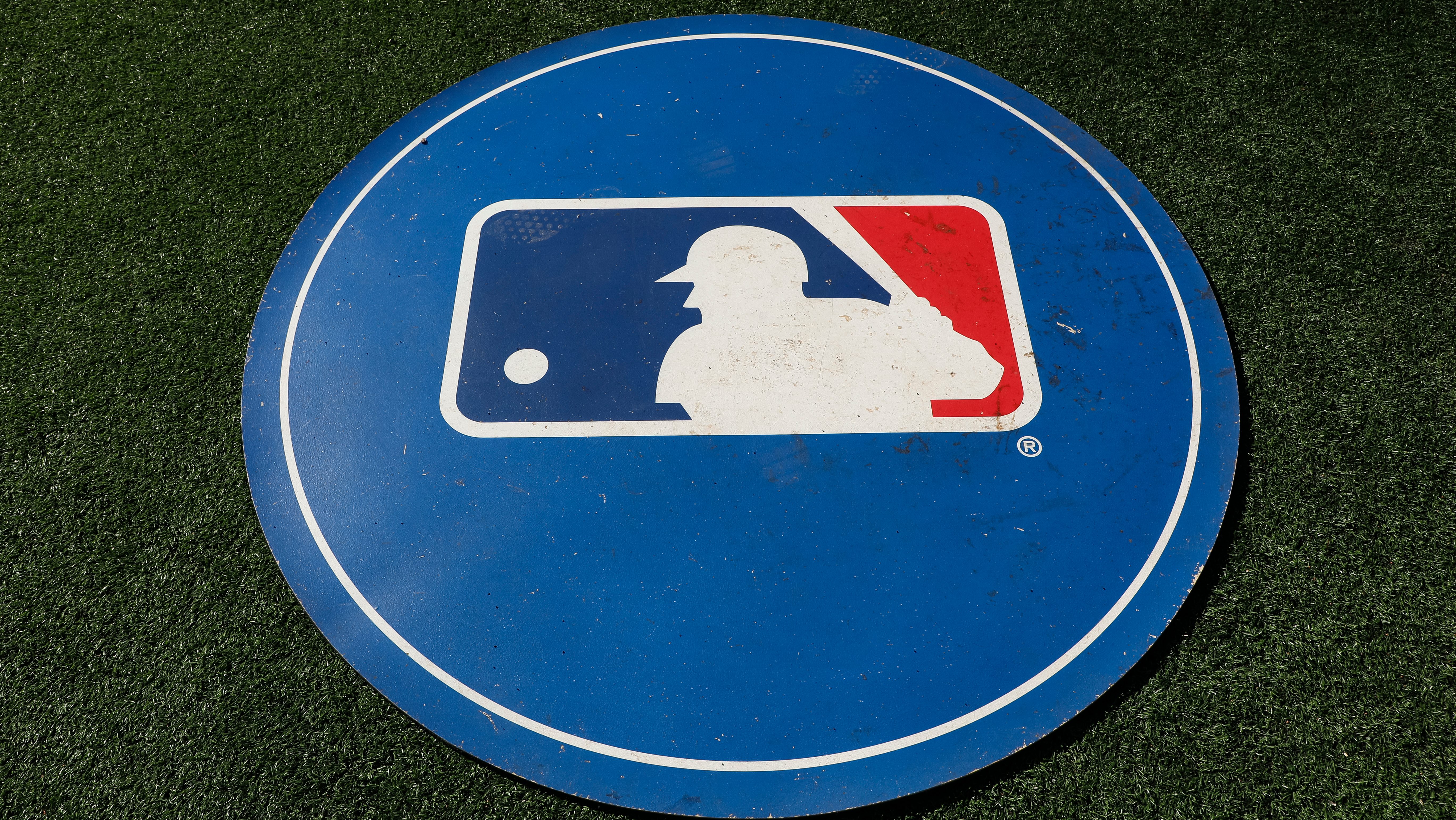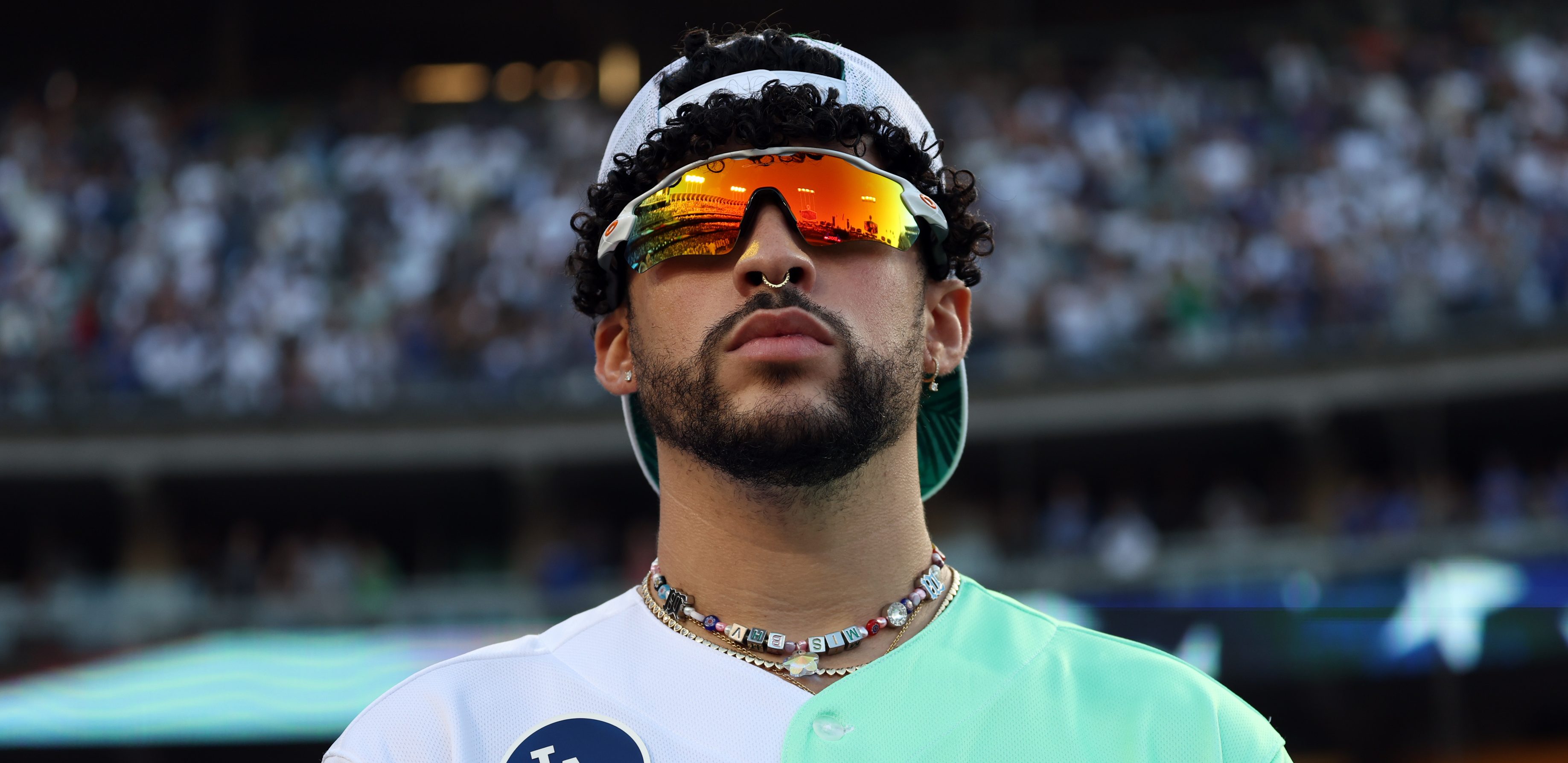Theo Epstein answered questions from the Chicago media for more than an hour on Friday afternoon at Wrigley Field, but the most interesting part might have been what the Cubs president didn’t say, something along the lines of: These are our guys.
Or at least Epstein didn’t give the same full-throated endorsement of The Core that he delivered after engineering the Jose Quintana trade with the White Sox this summer, getting an All-Star pitcher without giving up anyone from the big-league roster.
Whether it’s the way the Los Angeles Dodgers dominated the Cubs throughout the National League Championship Series that ended Thursday night, the inconsistencies and frustrations during a 43-45 first half of this season or the reality of losing 40 percent of the rotation, you walked out of that stadium club press conference thinking big changes could be coming.
“We’re going to pursue all avenues to get better,” Epstein said.
The Cubs already understood this would be a challenging time to dramatically reshape their pitching staff, with Cy Young Award winner Jake Arrieta, Big Boy John Lackey and All-Star closer Wade Davis about to become free agents.
The Cubs don’t really have many (any?) high-end, headliner prospects left to trade after borrowing heavily from their farm system to acquire Aroldis Chapman for last year’s World Series run and get Quintana to help solidify the rotation through 2020.
All of Major League Baseball is looking beyond this winter and preparing for the monster free-agent class that will hit the open market after the 2018 season.
MLB
Meaning it’s time for the Cubs to make some difficult decisions about all these young hitters they’ve collected.
“It may or may not be,” Epstein said. “Those choices, they’re not unilateral things. You can’t sit there and decide: ‘Hey, this guy, we’re moving him.’ Because you don’t know what the return might be. You don’t know how the different moving parts might fit together.
“I think going into the offseason prepared to make some tough choices and execute on them — and keeping an open mind to anything — is appropriate under the circumstances where we have some obvious deficits and we have some real surplus with talented players who are really desirable.”
Let’s assume All-Star first baseman Anthony Rizzo, MVP third baseman Kris Bryant and catcher Willson Contreras are essentially untouchable.
The Cubs used the ninth overall pick in the 2015 draft on Ian Happ with the explicit idea that the college hitter should be on a fast track and could be flipped for pitching later: Is it time to sell high after the rookie just put up 24 homers and an .842 OPS?
During an exit meeting with Albert Almora Jr., Epstein said he couldn’t promise an everyday job in 2018, though the expectation would be more responsibilities: Think anyone else would be interested in a potential Gold Glove center fielder who’s already playoff-tested?
Do you want Addison Russell or Javier Baez as your everyday shortstop for the next four years? Is there an American League team willing to bet big that Kyle Schwarber will crush 40 homers a year as a designated hitter?
The Cubs have to ask themselves those types of questions, which could mean getting outside of their comfort zone and taking on some riskier pitching investments and sapping the strength that has turned them into the dominant force in the NL Central.
“We’ve really benefitted from having two or three extra — and ‘extra’ in quotes because they’re not really extra — starting-caliber players on the roster,” Epstein said. “That helped us win 97 games in ’15, 103 last year, 92 this year. That’s as big a part of the club as anything.
“Having an Addison Russell go down and being able to move Javy Baez to shortstop — that’s an obvious example of it. But those things show up every week for us. There’s a day where someone can’t make the lineup and someone else slides in and you’re still starting eight quality guys. That’s huge.
“Sooner or later, you reach a point where you have to strongly consider sacrificing some of that depth to address needs elsewhere on the club. There’s no sort of deadline to do that. But I think we’re entering the phase where we have to be really open-minded to that if it makes the overall outlook of the team and organization better.”
Translation: The Cubs are open for business. Make your best offer.


